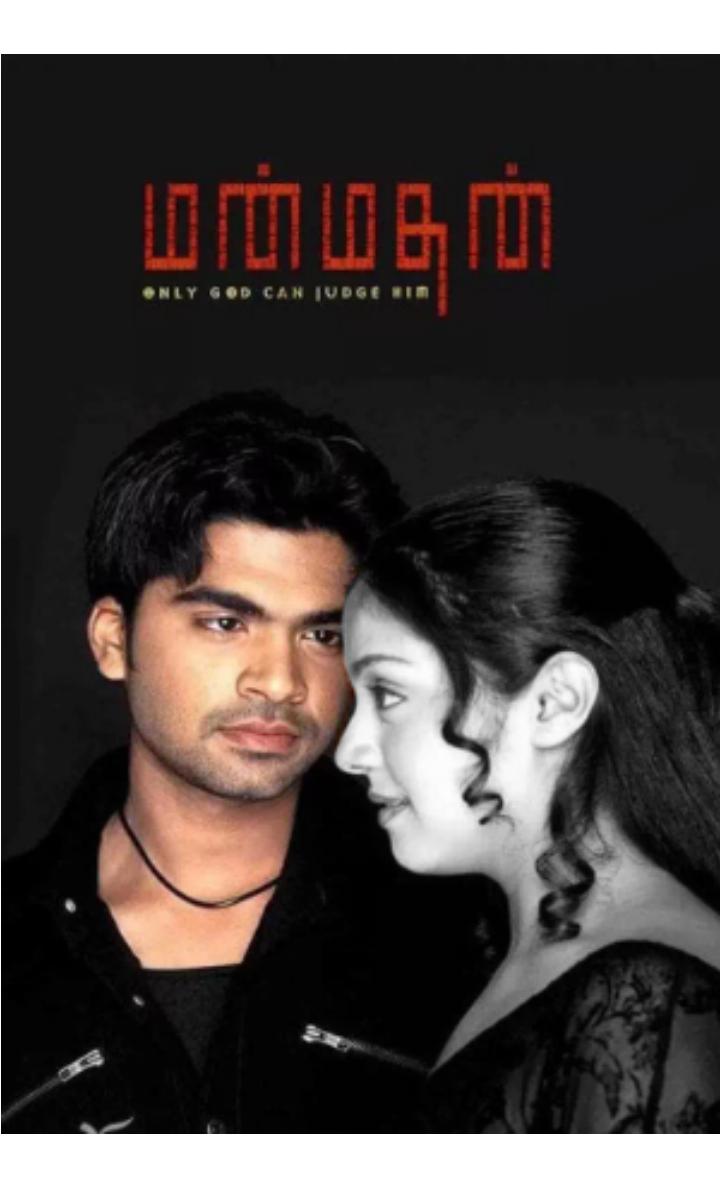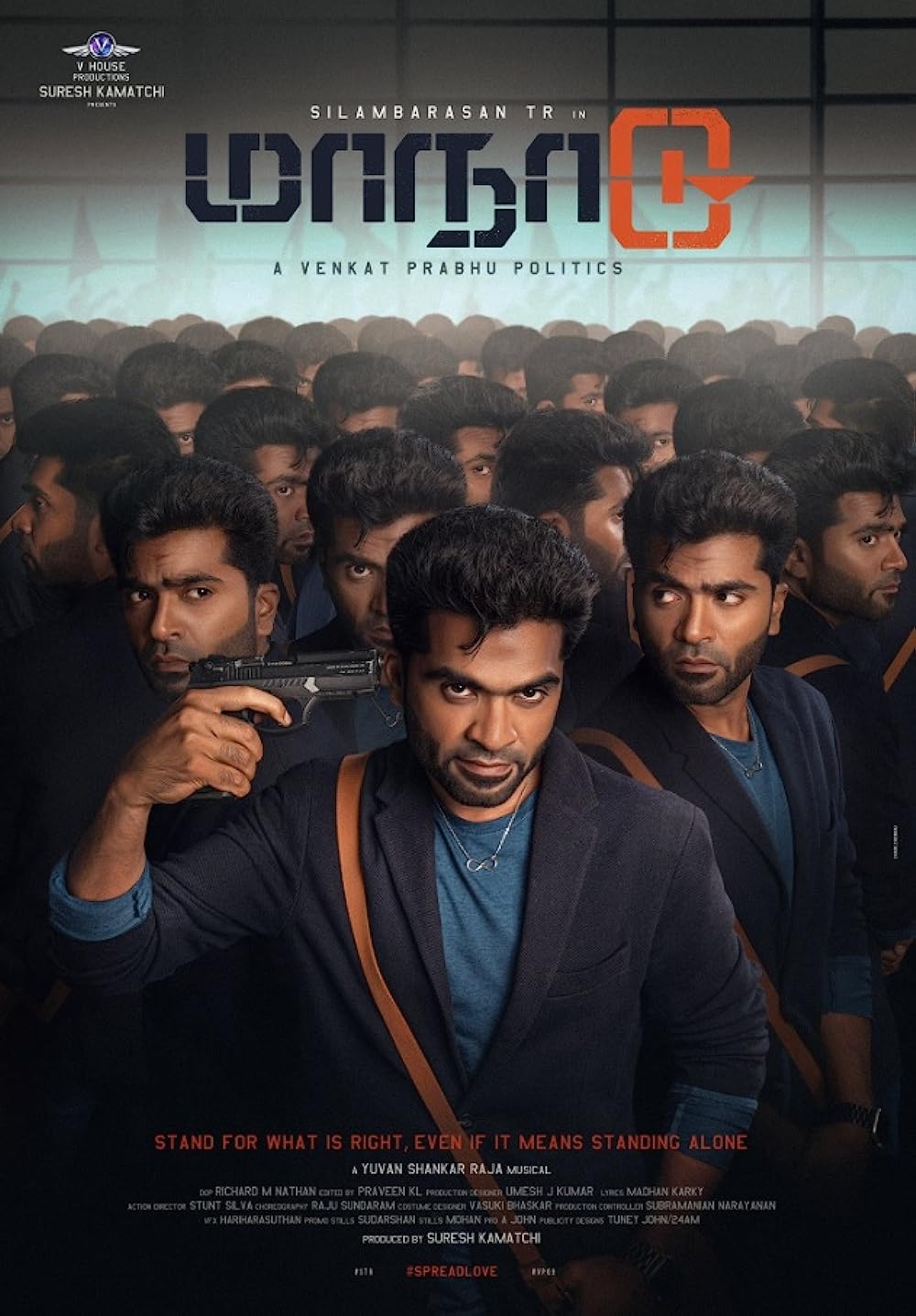Silambattam
Silambattam is a Tamil language film released in the year 2008. The film falls under the genre of action drama. Directed by Saravanan and produced by K. Muralidharan, V. Swaminathan, and T. S. Rangarajan, it carries forward a narrative that mixes elements of action and drama. Silambarasan and Sana Khan, among other actors, were part of this production.
Plot Summary
The plot of Silambattam pivots around the life of Vichu, brought to life by actor Silambarasan. Vichu lives a sheltered existence under the nurturing care of his grandmother, his life largely untouched by the tumult of the outside world. However, this tranquility gets disrupted by a series of unforeseen incidents that compel Vichu to step out of his comfort zone and interact with the world beyond.
Jaanu’s entry introduces the element of romance into Vichu’s life. Their interactions, filled with youthful innocence and unspoken emotions, form a significant subplot. Simultaneously, Gayathri’s presence adds layers of complexity, leading to situations that push Vichu into uncharted territories.
The story unravels as Vichu is confronted by various external forces that threaten his peace, personal principles, and the well-being of his loved ones. The central narrative follows Vichu’s journey of growth – how he learns to navigate his life, balancing his deep-rooted values with the realities of the world outside. The film subtly explores the themes of love, loyalty, and conflict, creating a multi-layered narrative that appeals to a wide range of viewers.
Production
The production of Silambattam is a story of resilience and consistency. Backed by the established production house, Lakshmi Movie Makers, the film had the foundation it needed to overcome challenges and reach completion.
In the early stages, Silambattam witnessed numerous changes in its cast and crew. Despite these changes that often pose a challenge to the continuity of the production process, the team managed to navigate these hurdles effectively. They ensured that the development of the film did not falter, and the anticipated release date was met. This is indicative of the determination and resolve of the team behind the film.
The role of the cinematographer in any film is pivotal, and it was no different for Silambattam. K. S. Sivaramakrishnan took on this role, successfully translating the narrative’s nuances into visual frames. The process of cinematography involved not only capturing the actors’ performances but also portraying the setting, atmosphere, and mood of the narrative.
The music composition for the film was handled by Yuvan Shankar Raja. The task of a music director in a film, particularly in the context of Tamil cinema, is an integral aspect of the film’s overall impact. Music sets the tone for scenes, evokes emotions, and often aids in narrative progression.
Conclusion
Silambattam is a Tamil film from the late 2000s that offers a mix of drama, action, and an engaging narrative. The film embraces familiar elements of its genre, along with introducing new aspects to maintain viewer interest. Both its storyline and production aspects contribute to the overall experience.Thus, Silambattam offers an insight into life’s challenges and personal transformation, providing viewers with material to reflect upon beyond the duration of the film.
For more such content, Visit the official page of Deepan Boopathy.





